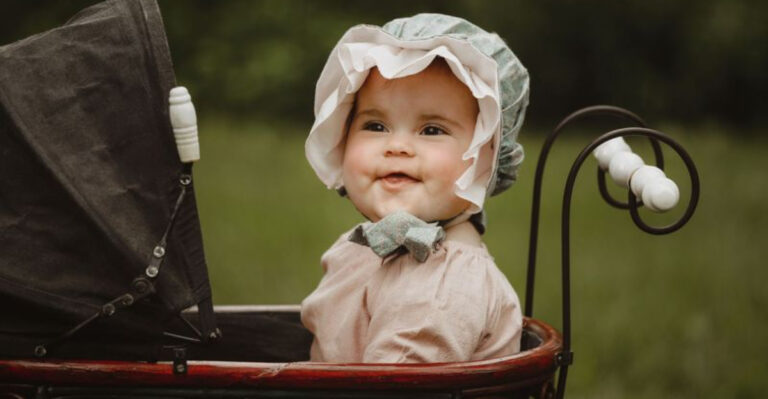15 Heartwarming Reasons Kids Love Their Parents Even More as They Grow Up
When they’re little, kids love you because you’re there. You’re the snack provider, the boo-boo fixer, the bedtime storyteller, the constant. But as they grow — as they move into their own lives, face challenges, and begin to understand the why behind your choices — their love deepens in ways they never imagined possible.
That initial uncomplicated love transforms into something richer, more nuanced, and infinitely more profound. Children start seeing parents not just as caregivers but as whole, complex human beings with their own stories and struggles.
Here are the most heartwarming reasons kids often love their parents even more as they grow up — when they begin to see beyond just “Mom” or “Dad” and discover the beautiful, flawed, and incredibly brave people who raised them.
1. The Silent Sacrifices Finally Come Into Focus

Remember when your mom skipped buying herself new clothes so you could join that expensive soccer league? Or how your dad worked double shifts but never missed your school plays? As kids, we barely noticed these things. They were just the background noise of childhood.
But years later, these quiet sacrifices hit differently. Maybe you’re struggling to pay your own bills when suddenly you remember how your parents somehow made Christmas magical during their toughest financial year. Or perhaps you realize they postponed dreams and passions while prioritizing yours.
This revelation often comes in ordinary moments—finding an old photo of your mom in her twenties with dreams written all over her face, or watching your dad light up talking about the career path he didn’t take. The unspoken sacrifices that shaped your life suddenly become crystal clear, and with that clarity comes a love that aches with gratitude.
2. Behind-the-Scenes Superhero Status Revealed

Growing up, the refrigerator was always stocked. The bills were somehow paid. You made it to every practice, appointment, and friend’s birthday party. As kids, we rarely stopped to wonder how all this magic happened—it just did.
Then adult life smacks you in the face. You’re drowning in your own laundry, forgetting appointments, and eating cereal for dinner three nights in a row. Suddenly, you’re hit with the stunning realization: your parents juggled ALL OF THIS and more, often while exhausted or worried sick about money.
Your mom wasn’t just your mom—she was an organizational wizard working behind a curtain of normalcy. Your dad wasn’t just showing up—he was calculating, planning, and problem-solving constantly. This newfound appreciation transforms childhood memories, highlighting the invisible work your parents did to keep your world stable and secure. Their everyday heroism becomes legendary.
3. Protection Disguised as Rules Finally Makes Sense

“Be home by 10.” “No, you can’t go to that party.” “I need to meet their parents first.” The rules and boundaries that felt like prison walls during adolescence transform completely when viewed through adult eyes.
Years later, you hear about what actually happened at that party you weren’t allowed to attend. Or maybe you’re setting boundaries for someone you love, feeling that same knot of worry in your stomach. Suddenly, you get it—your parents weren’t trying to ruin your life; they were trying desperately to protect it.
What once felt like control now reveals itself as fierce love wrapped in boundaries. The arguments about curfews, dating, and friend choices take on new meaning when you understand the fear behind them. Your parents weren’t the villains in your teenage drama—they were the guardians standing between you and a world of consequences they understood far better than you did.
4. Weathering Life’s Storms With Quiet Dignity
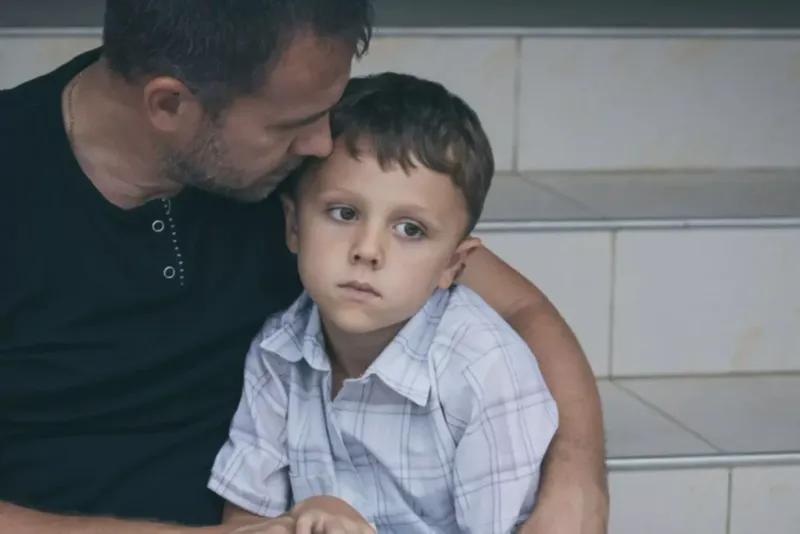
Your dad lost his job but still showed up to your basketball games with the same enthusiasm. Your mom went through chemo but never missed reading you a bedtime story. As children, we often glimpse our parents’ struggles without fully comprehending their magnitude.
Adult life brings perspective. You face your own crises—health scares, heartbreaks, career setbacks—and suddenly remember how your parents navigated similar or worse challenges without crumbling. The divorce they endured while keeping your routine stable. The grief they processed while still making your birthday special.
Their strength wasn’t about never breaking down; it was about breaking down in private, then showing up anyway. It was choosing to shield you when they could have easily collapsed under their burdens. This realization transforms childhood memories, highlighting moments when your parents weren’t just parenting—they were demonstrating extraordinary courage that you’re only now equipped to recognize and deeply admire.
5. The Beautiful Monotony of Reliable Love
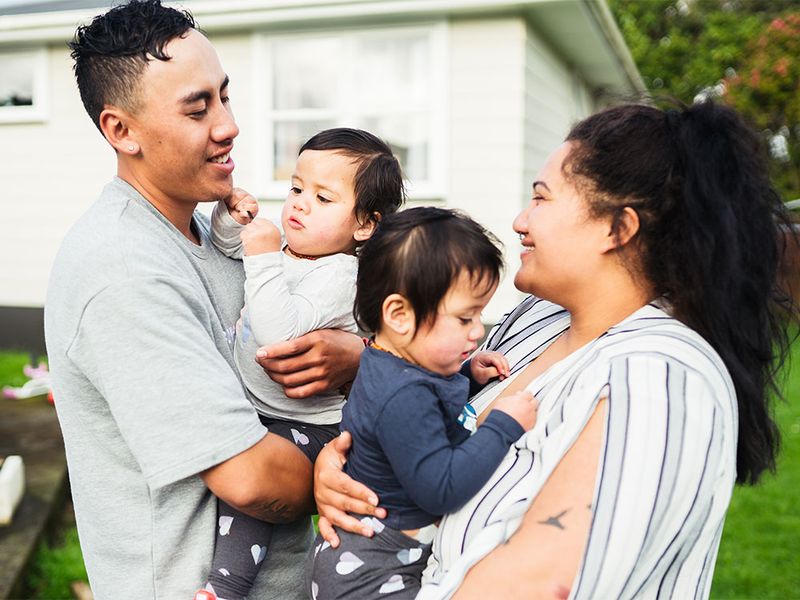
Every morning, your lunch was packed. Every night, dinner appeared on the table. Every weekend, your uniform was clean for the game. The steady rhythm of care often went unnoticed—until it wasn’t there anymore.
Moving away from home brings the stark realization that someone consistently showed up for you in a thousand tiny ways. The mundane acts you took for granted—a stocked bathroom, a working car, a signed permission slip—were actually expressions of love on repeat, day after day after exhausting day.
The consistency itself becomes the miracle. Anyone can show love in grand gestures or special occasions. But the parent who packs the same sandwich with the same note for years? Who checks homework night after night? That’s a love that required daily recommitment, even when they were tired, frustrated, or taken for granted. And recognizing that changes everything.
6. Humanity Behind the Hero Cape

Parents make mistakes. They lose their temper, make poor decisions, and sometimes mess up spectacularly. As children, these moments can feel devastating or confusing. But with maturity comes a beautiful revelation: their imperfection doesn’t diminish their love—it makes it more remarkable.
You reach the age your mom was when she struggled with depression but still showed up for your science fair. You face similar challenges to what your dad navigated while building his career and family simultaneously. Suddenly, you see the human behind the parent—someone who didn’t have all the answers but tried anyway.
Their flaws and failures take on new meaning when you realize they were figuring it out as they went along, often without the support they needed. The parent who apologized after losing their cool. Who admitted when they were wrong. Who kept trying despite their own unhealed wounds.
7. Parental Wisdom Echoing at Unexpected Moments

“Always keep gas in your tank.” “Don’t go to bed angry.” “Trust your gut.” Growing up, these sayings might have rolled your eyes so hard they nearly fell out of your head. But life has a funny way of proving parents right.
You’re stranded on a dark highway because you ignored the gas warning light. You’re nursing a friendship destroyed by unresolved conflict. You’re dealing with consequences because you ignored that feeling in your stomach that something wasn’t right. And there it is—your parent’s voice in your head, not gloating but guiding.
Their advice wasn’t random; it was hard-earned wisdom they were desperately trying to pass along. The words that once seemed annoying or outdated become lifelines in adulthood. Even more powerful are the moments when you hear yourself repeating their exact phrases to someone else. Their influence lives on not just in what they taught you, but in what you now teach others.
8. The Invisible Cheerleading That Never Stopped

Your mom saved every school art project. Your dad recorded all your games even though you mostly sat on the bench. Parents often believe in us long before—and long after—we believe in ourselves, a truth that becomes clearer with age.
Maybe you find old journals where they wrote about their dreams for you. Or discover they bragged about your smallest achievements to anyone who would listen. Perhaps you notice how they still light up describing your strengths to others, even when you’re well into adulthood.
When you face rejection or failure, knowing someone has always seen your potential becomes profoundly stabilizing. This kind of belief doesn’t just support you; it helps create who you become.
9. The Emotional Marathon Finally Understood
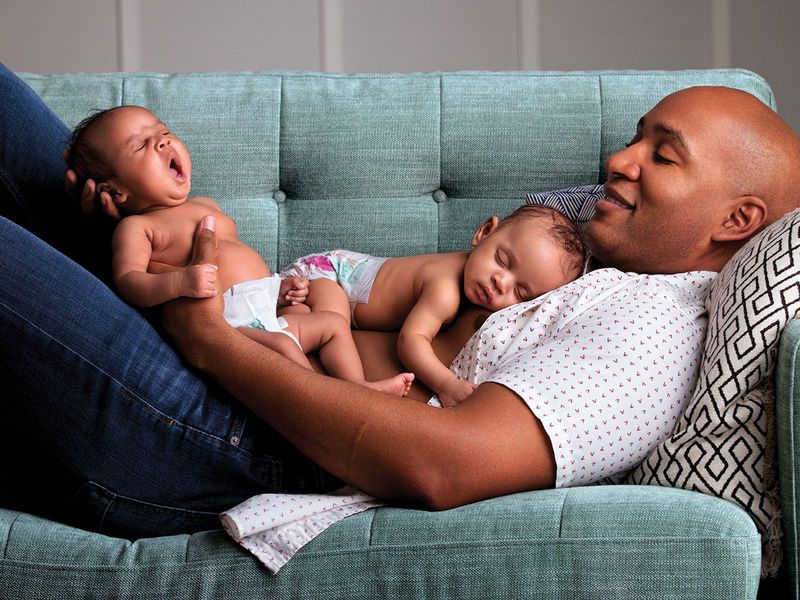
Becoming a parent yourself changes everything. Suddenly, you’re not just theorizing about your parents’ experience—you’re living some version of it. The sleep deprivation. The constant worry. The heart-exploding love alongside the mind-numbing tedium.
Even without having children, reaching certain life stages offers glimpses into what your parents navigated. You care for an aging relative or mentor a younger colleague, and get hit with the exhausting reality of emotional responsibility for another person. The mental load becomes real, not just a concept.
Your parents’ impatience makes more sense. Their occasional disconnection becomes understandable. The times they seemed overwhelmed weren’t failures—they were honest responses to the marathon they were running. What looked like simple parenting was actually a complex dance of self-regulation, sacrifice, and endless emotional labor.
10. The Safe Harbor in Life’s Stormy Seas

Not everyone grows up with emotional safety. The parent who listened without judgment. Who comforted without minimizing. Who created space for your authentic feelings, even when they were messy or inconvenient. This gift becomes increasingly precious as you encounter its rarity in the wider world.
Adult relationships reveal how many people never had a safe place to fall apart. You witness friends struggling to process emotions or set boundaries because they never saw it modeled. You experience relationships where vulnerability is weaponized rather than protected.
Suddenly, you recognize what your parents built: a sanctuary where your full humanity was welcome. Where crying was allowed, questions were encouraged, and making mistakes didn’t mean losing love. This foundation of emotional safety shapes every relationship you’ll ever have—a gift that keeps revealing its value decades after it was given.
11. Your Joy Became Their Greatest Happiness

The way your mom cried at your graduation—harder than you did. How your dad beamed when you got your first apartment, prouder than if he’d bought a mansion. Parents often experience our happiness at a magnitude we can’t comprehend until we deeply love someone else.
You might notice it when something wonderful happens and your first instinct is to call them—not because you need anything, but because sharing the joy with them somehow multiplies it. Their genuine excitement over your promotion, their tearful happiness at your wedding, their absolute delight in your smallest victories—none of it was performative.
This is vicarious joy in its purest form. This selfless investment in your joy creates a unique bond that strengthens with each shared celebration.
12. Boundaries That Built Character, Not Walls

“No, you need to finish what you started.” “That behavior is not acceptable in our family.” “I love you, but I won’t let you speak to me that way.” Boundaries that felt restrictive in youth reveal themselves as character-building foundations in adulthood.
Life eventually rewards the lessons these boundaries taught. Your boss appreciates your follow-through on projects. Your relationships benefit from your respect for others’ limits. Your self-respect stems from knowing where to draw your own lines.
The parent who made you apologize when you hurt someone. Who returned you to the store to pay for the candy you pocketed. Who held you accountable rather than making excuses for your behavior. These weren’t power trips—they were intentional character development.
13. Love That Evolved But Never Expired

The way they check your car’s oil when you visit, long after you’ve learned to do it yourself. The care packages that still arrive at your apartment. The forehead kisses, even when you tower over them now. Parental love changes form but never diminishes—a truth that becomes more touching with time.
You notice how they’ve adapted their love to fit your changing life. They ask before giving advice now. They celebrate your independence while still offering support. They’ve found new ways to show love that respect your adulthood while honoring your shared history.
Evolutionary love demonstrates something profound: they don’t just love the child you were; they love the person you’ve become and are still becoming. This ongoing investment in knowing you makes their love increasingly precious.
14. The Courage to Let Go So You Could Grow
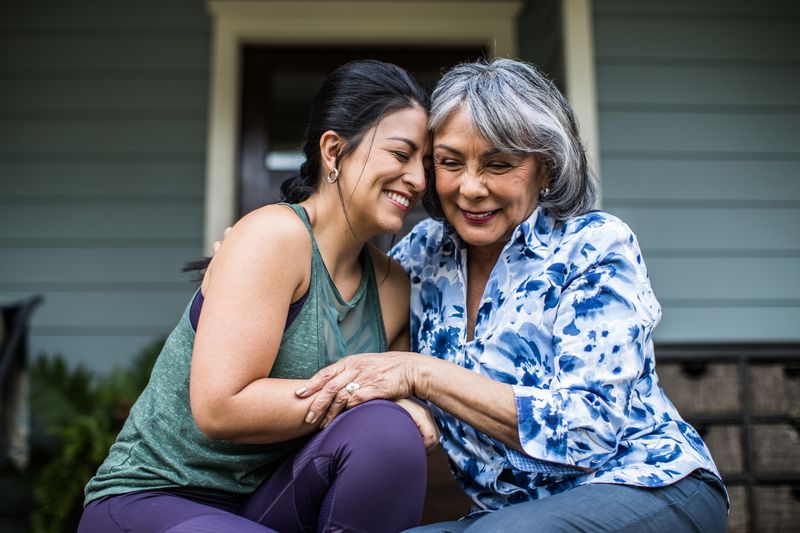
Watching you struggle without intervening. Letting you fail when they could have prevented it. Allowing you to chart your own course, even when they saw the obstacles ahead. The hardest parts of parenting often involve stepping back—a truth that becomes profound when you understand what it cost them.
Maybe you’re now watching your own child face challenges, fighting your instinct to rescue them. Or perhaps you’ve recognized the pattern in other relationships—how difficult it is to watch someone you love navigate pain you wish you could prevent.
This perspective illuminates your parents’ restraint in new ways. Their silence during your struggles wasn’t absence—it was excruciating trust in your capacity to find your way. This intentional releasing required more love, not less—the courage to put your growth above their comfort.
15. The Rare Gift of Unconditional Acceptance
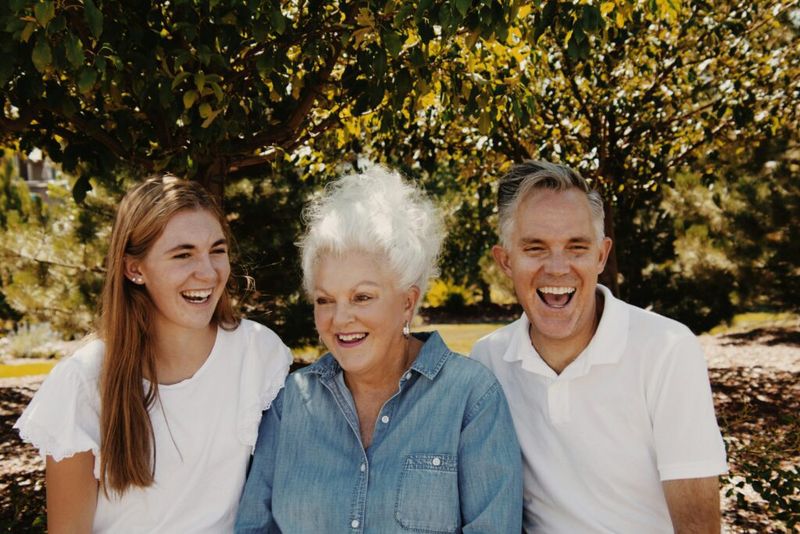
You changed your major three times. Quit the job they were so proud you got. Brought home partners they struggled to understand. Through it all, they kept showing up—not with perfect responses, but with persistent love that survived disappointment and disagreement.
Adult friendships and relationships reveal how exceptional this steadfastness truly is. You watch people get discarded for their mistakes. See love withdrawn over differences in values or life choices. Experience the conditional nature of many connections.
The parent who didn’t share your political views but still respected your passion. Who didn’t understand your career choice but bragged about it anyway. Who maintained connection through your most unlovable phases and biggest mistakes. This isn’t just sentimentality—it’s a profound security that empowers you to take risks, knowing you have a permanent place to belong regardless of success or failure.





